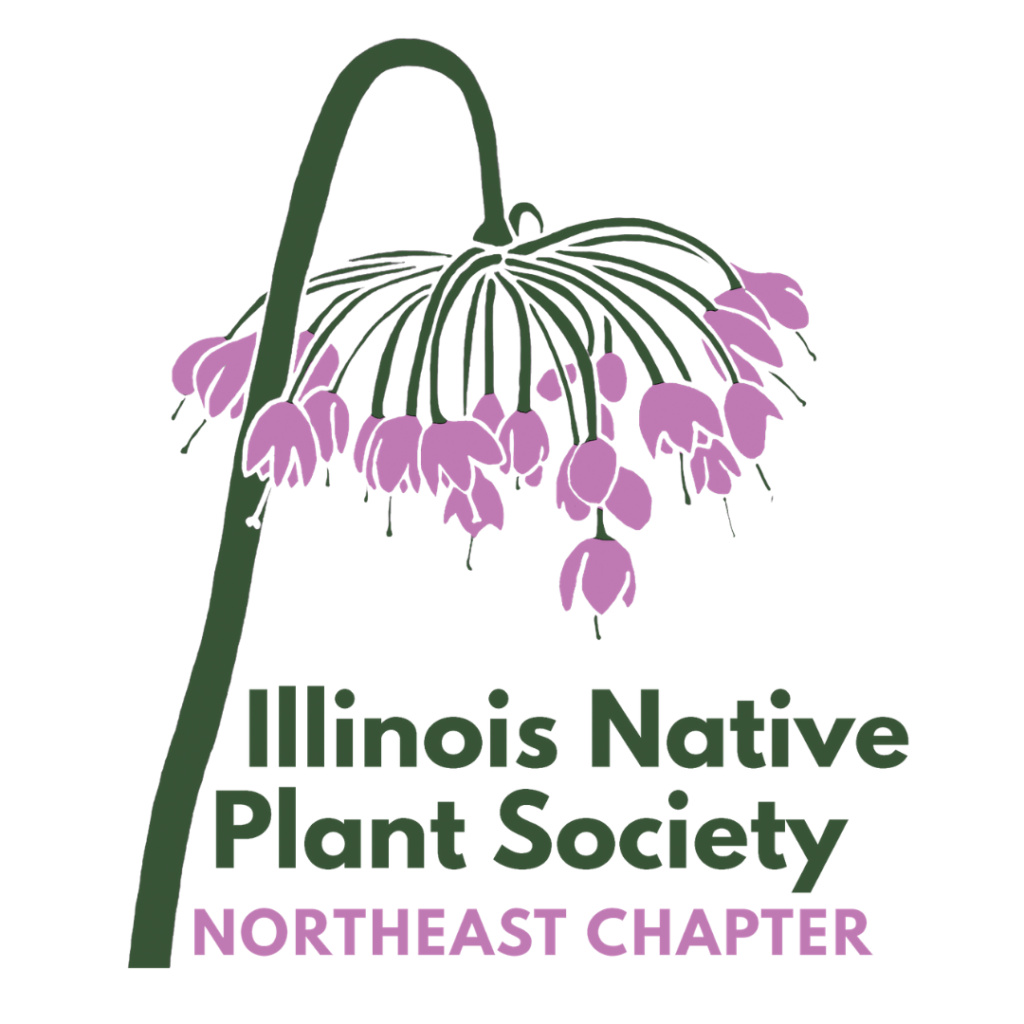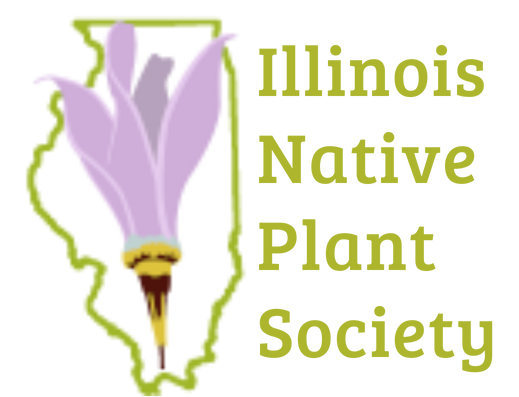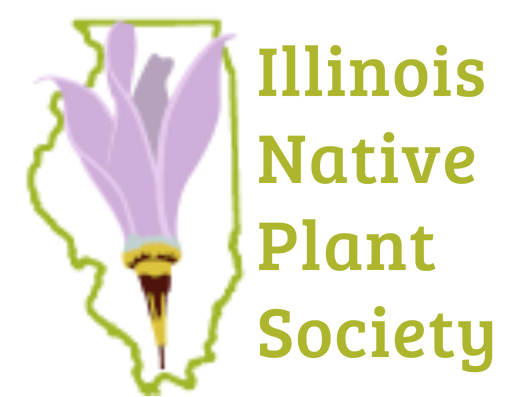Statement on the Proposed Chicago Managed Native Garden Registry







March 19, 2021
We are writing as concerned members and board of the Northeast Chapter of the Illinois Native Plant Society (INPS). The mission of the INPS is to promote the study, appreciation, and conservation of the native flora and natural communities of Illinois. A recently proposed ordinance to create a Managed Native Garden Registry for the City of Chicago (#10-32-055; accessed March 18th, 2021) raises concerns for our organization.
To begin, we wholeheartedly appreciate the sponsoring alderpersons’ intent to improve the city’s current regulation as applied to gardening/landscaping. We applaud the effort to help the city fulfill its stated mission to “…promote the use of native vegetation…”, because of its many benefits including improving flood regulation, conserving water, reducing carbon dioxide emissions, etc. (City of Chicago Rules and Regulations for Weed Control, May 2008).
Unfortunately, as currently rendered, we believe that the ordinance could actually discourage the use of native plants in gardens and landscapes and leave gardeners acting in good faith with increased vulnerability to penalties.
First, the ordinance places a higher level of restriction on designated Native Gardens than it does on other gardens (native or otherwise) that currently exist in the city. For example, it would be difficult to find any garden, native or not, with vegetation less than 10 inches in height on average. The result is that native plantings/gardens in parkways—the only plantable space in many Chicago neighborhoods—would not qualify for the registry, and existing gardens could be eliminated from large swaths of the city. Beyond the parkway, the amount of usable area (i.e., further than 3 feet from sidewalks and property borders) in front yards across much of the city would be so small that the functionally usable space would hardly warrant planting a garden.
Second, by introducing a hurdle for homeowners to sign up for a registry, not only are we placing an unnecessary burden on gardeners going forward, but we are leaving them newly open to tickets for failing to know about or sign up for the registry.
Furthermore, the proposed ordinance, restricted to owner-occupied properties, unnecessarily excludes rental properties, businesses, non-profits, community gardens, and others that responsibly manage native gardens and plantings on properties that are not owner-occupied. The latter are the types of property spaces where we should be encouraging native landscaping most enthusiastically, as they are often underutilized.
Finally, the proposed ordinance prohibits any plants not native to the Chicago region in registered native gardens. While the INPS advocates for native plants, we recognize that gardens need not be exclusively native to be invaluable. The most common vegetables and herbs planted in home gardens are not native to Illinois, and they provide a sustainable food source for city dwellers. Once again, this provision would add another restriction on native gardens that is not placed on any other city gardens.
We fully accept that there are real issues that communities face regarding nuisance vegetation in urban areas and the need for regulation. For example:
- when vegetation overhangs sidewalks or properties lines,
- tall vegetation that poses a sight line hazard near intersections,
- when properties contain noxious or invasive species, and
- neglected/unmaintained properties and vacant lots.
While these issues should certainly be addressed, it is important to recognize that they result when any type of vegetation is not maintained. All gardens require maintenance. The nativity status of the garden plants is not the issue; the issue is vegetation that is not maintained such that it becomes a nuisance or safety concern.
Chicago should be a leader in urban sustainability, and native plants are a critical component of achieving this goal. We appreciate your attention towards the promotion of native plants, but because of the unintended restrictions and consequences this ordinance may place on native plant gardeners, we urge you to reconsider its adoption.
The Illinois Native Plant Society would be happy to engage in further discussion about this topic, including how the ordinance can be amended to promote the use of native plants, while preventing nuisance vegetation in the City of Chicago.
Sincerely,
Members and Board
Northeast Chapter of the Illinois Native Plant Society
Contact: northeast.inps@gmail.com


